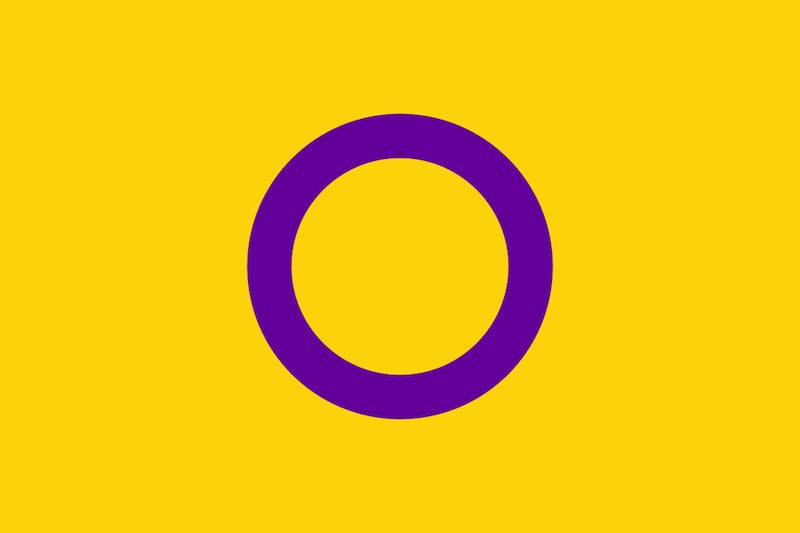Valentino Vecchietti explains why the first intersex section at Pride in London is so important
Think the "I" in LGBTI stands for inquisitive? Think again. As an intersex activist, I regularly attend events, and give speeches to raise awareness, most recently at Tate Britain for Queer And Now. Through my experience of engaging with many different groups of people, I am aware that the general public as well as the LGB, trans, and queer publics, have a massive gap in knowledge.
People tend to think we are fighting for the right to be genderqueer or non-binary. And I always have to explain that, just like the rest of the population, people with intersex variations can have varied senses of gender identity, and varied sexualities. But our main campaign is for the right to bodily integrity and self-determination. Because currently in the UK and worldwide damaging surgeries are imposed on intersex infants, children, and young people, without their full consent, in order to erase the appearance of the physical variations in their sex characteristics. These harmful surgeries are performed for cosmetic reasons, and not for medical necessity. And they need to stop.
This year I’m excited to be in the first ever intersex section in the Pride in London march. Intersex is the "I" in LGBTI. We need visibility and inclusion to gain equal human rights. It’s also really important for us to have community, and Saturday’s Pride in London march will be a wonderful opportunity to meet other intersex people, their friends and allies.
For our inclusion in this year’s march, we can thank Intersex activists and campaigners: Magda Rakita, Anick Soni, and Sara Gillingham. They approached Pride in London, who were happy to provide space and visibility for intersex people. Magda is a writer and photographer, she created the OnePointSeven project, which focuses on the inspiring stories of intersex people. The project is named after the statistic that 1.7% of people are born with variations of sex characteristics. In the UK there are over 1.1 million intersex people. Anick is an advocate for InterAct’s Intersex Youth programme, and works with UK Black Pride. His story of what it means to be intersex is currently being explored in a documentary by BBC Radio/Player. Sara Gillingham, is a member of the Church of England, she’s campaigning for better pastoral care and safeguarding for people born intersex. “I am working to raise awareness in the Church which has for far too long put aside the needs of people born intersex. I am calling on Bishops to right this wrong, and work towards a church that recognises that God made us all different and that this is something to be celebrated”.
So, when you see the yellow and purple intersex flag in the march this year, give us a wave and a cheer! And after Pride, please keep the conversation going, and support us to raise awareness.
Find out more at onepointseven.org.uk and interactadvocates.org
Valentino Vecchietti is an intersex human rights campaigner, a public speaker, a writer, and academic. They have a lesbian, and non-binary identity. You can contact Valentino via [email protected].
Opinions expressed by contributors do not necessarily reflect the views of the editors of DIVA magazine or its publishers.
Only reading DIVA online? You're missing out. For more news, reviews and commentary, check out the latest issue. It's pretty badass, if we do say so ourselves.
divadigital.co.uk // divadirect.co.uk // divasub.co.uk
